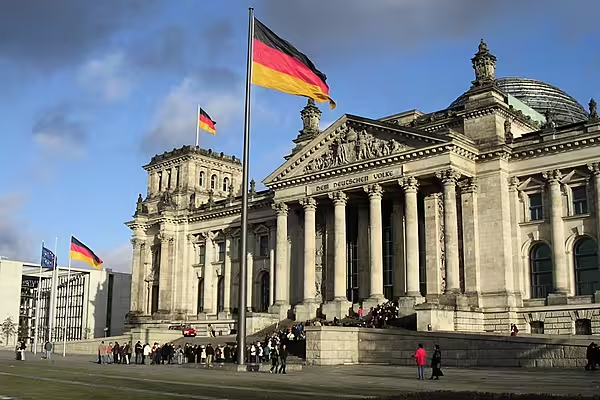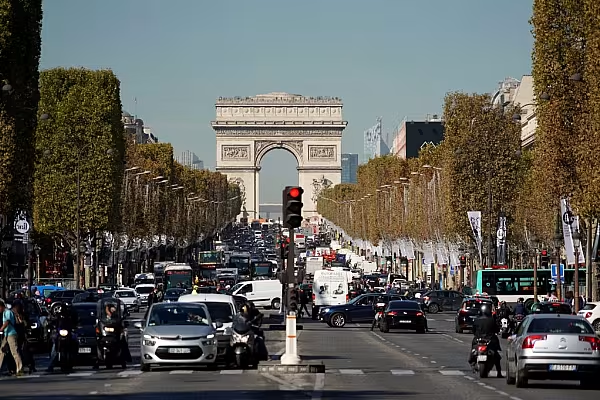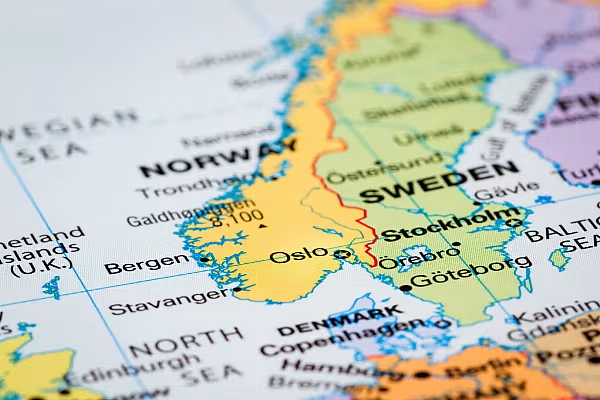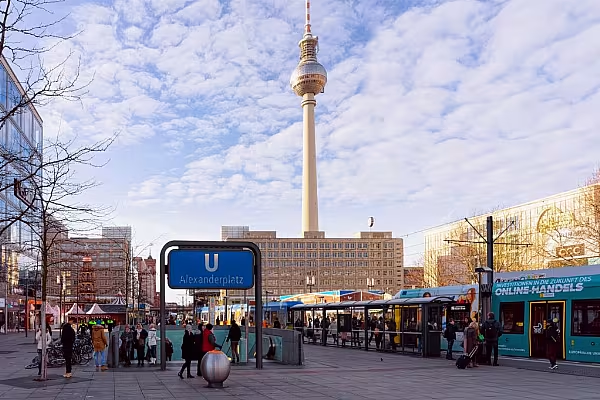Germany's decision to extend the coronavirus lockdown and close stores over Easter could drive more businesses to bankruptcy and be counterproductive by encouraging people to flock to the shops beforehand, lobby groups have said.
The HDE association of retailers said 54% of fashion stores faced the danger of insolvency after 100 days of lockdown.
"After one year with coronavirus, the situation for many retailers is desperate. There is no longer any hope of surviving this crisis economically," its president, Stefan Genth, said.
After talks that ran into the early hours of Tuesday, Chancellor Angela Merkel said Germany would extend its lockdown until 18 April and urged citizens to stay home and reduce contacts as much as possible for five days from 1 April.
Germany's new infections rose by 7,485 on Tuesday to 2.674 million, while another 250 deaths took its toll to 74,964. The number of cases per 100,000 in the last seven days rose to 108 from 107 on Monday.
'Tunnel Vision'
Genth said the government was operating with "tunnel vision" by only focusing on the number of cases per 100,000 people, rather than other metrics and the many steps taken by retailers to limit the risk of infection while shopping.
The German tourism association said it was disappointed with the new decisions, saying it was incomprehensible for vacations to the Mediterranean to be permitted while self-catered domestic trips were barred.
"You can't really justify that seriously anymore," the association's deputy manager, Dirk Dunkelberg, told SWR radio, adding that many businesses in the industry would not survive the extended lockdown.
The Association of the German Motor Trade (ZDK) also attacked the extension and tightening of the lockdown and warned of a wave of bankruptcies.
"If car dealerships contribute practically nothing to infections, how is their closure supposed to help contain the virus?" ZDK president Juergen Karpinski asked the newspapers of the Funke Mediengruppe.











